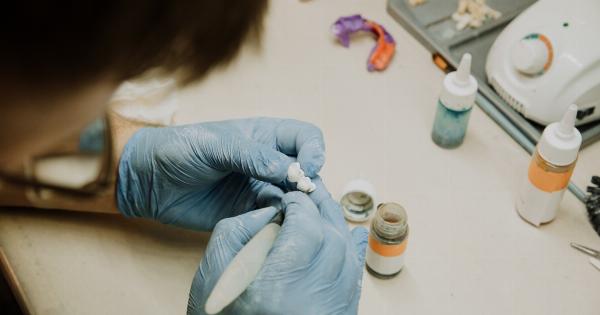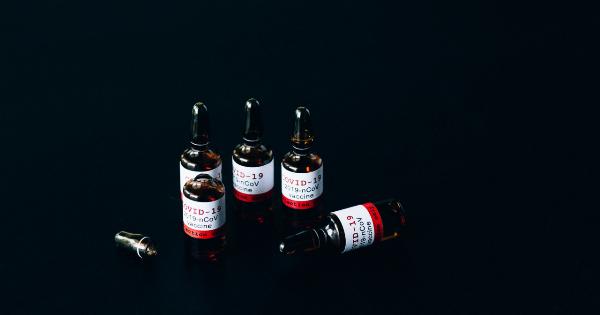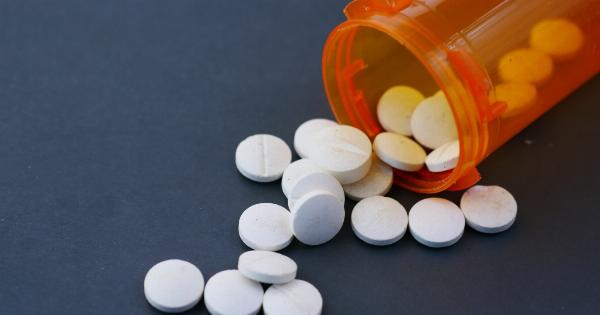Over-the-counter (OTC) medicines are widely used for various health conditions, ranging from cough and cold to pain relief.
While these medications are generally considered safe, it is important to be aware of their ingredients, including alcohol content. Many OTC medicines contain alcohol, which can have implications for certain individuals, such as those who are sensitive to alcohol, recovering alcoholics, or those taking certain medications that interact with alcohol.
In this article, we will explore the prevalence of alcohol in OTC medicines, the reasons behind its inclusion, potential risks, and who should be cautious when using such medications.
Understanding Alcohol Content in OTC Medicines
Alcohol is commonly used as a solvent or preservative in various medications, as it helps in enhancing the stability and shelf life of the product.
The inclusion of alcohol in OTC medicines is regulated by health authorities and is typically listed on the product label, alongside other active and inactive ingredients.
Types of OTC Medicines with Alcohol
Alcohol can be found in a wide range of OTC medications. Some common examples include:.
- Cough syrups
- Cold and flu remedies
- Antacids
- Pain relievers
- Sleep aids
- Topical creams and ointments
Reasons for Alcohol Inclusion
There are a few reasons why alcohol is added to OTC medicines:.
- Preservation: Alcohol acts as a preservative, helping to prevent the growth of bacteria and other microorganisms that could contaminate the product.
- Solvent: Certain active ingredients, such as herbal extracts or flavorings, may only dissolve effectively in alcohol, allowing for a more accurate dose.
- Stability: Alcohol can enhance the stability of certain ingredients, ensuring that the medication remains effective throughout its shelf life.
Understanding Alcohol Concentration
The alcohol content in OTC medicines can vary widely, ranging from trace amounts to higher concentrations. The concentration is typically indicated as a percentage on the product label.
It is important to note that even though OTC medicines may contain alcohol, the concentration is generally much lower compared to alcoholic beverages.
Risks and Considerations
While the alcohol content in OTC medicines is generally low, there are a few considerations to keep in mind:.
- Sensitivity to Alcohol: Some individuals may be sensitive to even small amounts of alcohol, experiencing symptoms like nausea, headaches, or dizziness. If you are sensitive to alcohol, it is advisable to choose alcohol-free alternatives.
- Drug Interactions: Alcohol present in medications can interact with certain drugs, potentially leading to increased sedation or other adverse effects. It is essential to read the product label carefully and consult a healthcare professional if you have concerns about potential interactions.
- Recovering Alcoholics: Individuals in recovery from alcohol addiction may need to avoid any medication that contains alcohol, as it can be a trigger or disrupt their recovery process. Speak with a healthcare professional to find suitable alternatives.
Identifying Alcohol on Product Labels
When selecting OTC medicines, it is important to read the product labels thoroughly. Alcohol is typically listed as “alcohol,” “ethanol,” “ethyl alcohol,” or “alcohol denat.” on the ingredient list.
Be mindful of the positioning of alcohol in the list, as ingredients are typically listed in descending order of quantity.
Alternatives to Alcohol-Containing OTC Medicines
If you prefer to avoid alcohol-containing OTC medicines, there are often alternatives available. Look for products specifically labeled as “alcohol-free” or consult with a pharmacist or healthcare professional for suitable options.
Conclusion
Alcohol is commonly found in various OTC medicines due to its preservation and solvent properties.
While the alcohol content is generally low, individuals who are sensitive to alcohol, recovering alcoholics, or those taking medications that interact with alcohol should exercise caution. Reading product labels carefully and consulting healthcare professionals can help identify suitable alternatives when necessary.






























